How did 2 Hong Kong innovative pioneers turn ideas into reality that can change the world?
- Dennis Lo ‘set a goal’ to find safer, non-invasive prenatal test, which is now used over 7 million times in more than 90 countries each year
- Soung Liew says ‘passion and perseverance’ have helped him develop technology that could transform speed and reliability of wireless communication

For many decades, trying to examine the genetic health of an unborn baby always came with a very real risk.
The most accurate and commonly used test involved inserting a needle into the mother’s uterus to obtain samples of the fluid protecting the fetus – a method that carried a small chance of causing a miscarriage.
However, thanks to one of Hong Kong’s medical pioneers, expectant parents around the world now benefit from a much safer way of checking on their baby’s development during the pregnancy.
Pioneers need to have faith in their ideas … to set their goal [for success]. When I solved the prenatal question, we had to try close to 10 different types of technology – and eventually only one or two of them worked
Dennis Lo, director of the Li Ka Shing Institute of Health Sciences and Li Ka Shing professor of medicine at Chinese University of Hong Kong (CUHK), developed a non-invasive test that has eliminated the risk of injuring the fetus during the diagnosis.
In September, he was awarded the 2021 Breakthrough Prize in Life Sciences – dubbed the “Oscars of science” – for his discovery of cell-free fetal DNA in maternal plasma, which laid the foundation for detecting abnormalities in maternal blood.
Lo’s prenatal testing technology, which has been widely available to doctors for more than a decade, is now used more than seven million times each year in over 90 countries, CUHK says.
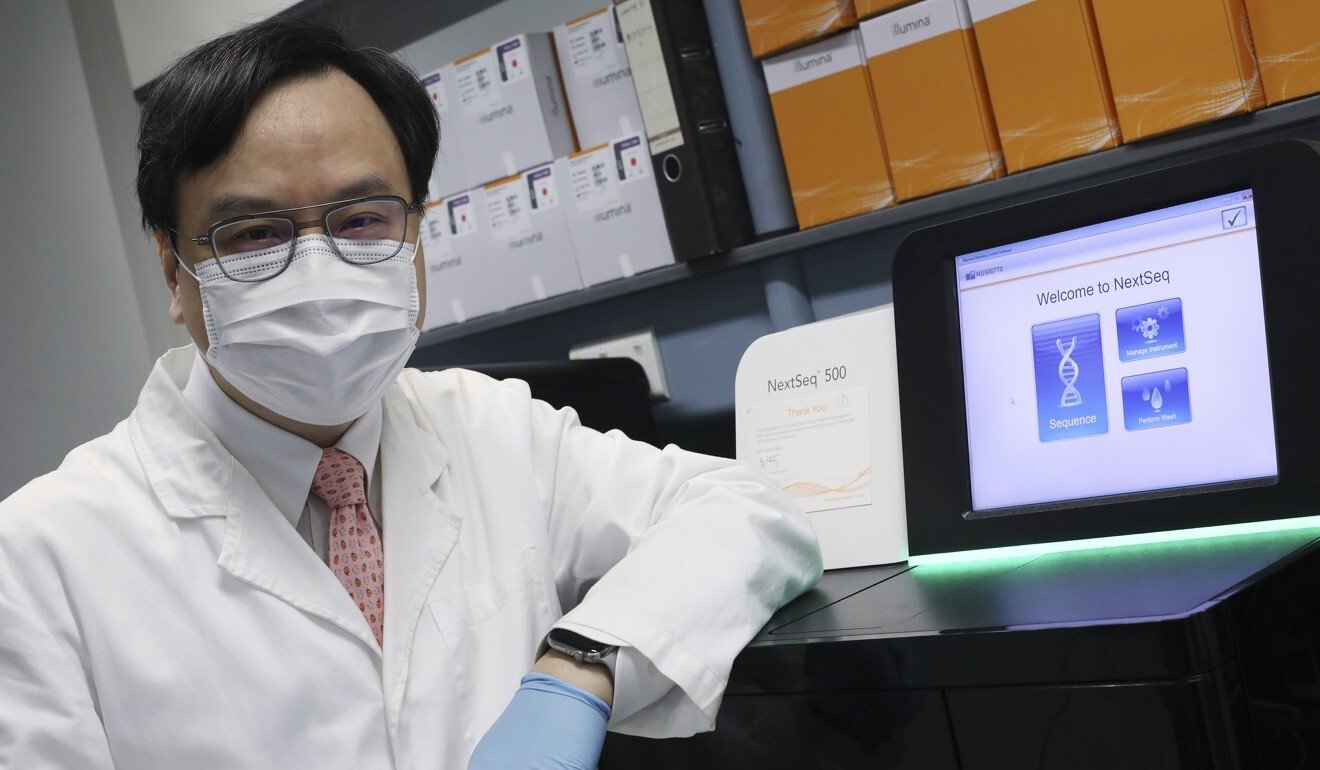
Pioneering cancer research
Lo says he became determined to develop a safer test for pregnant women during his years as a medical student at Britain’s Oxford University, when he learned that the prevailing test at the time came with a risk of miscarriage.
Over the next two decades, he carried out an exhaustive search for non-invasive ways of detecting fetal abnormalities.
In 2008, his team designed a clinical blood test for detecting whether a fetus has Down syndrome – a chromosomal disorder associated with physical growth delays and mild to moderate intellectual disability – which was considered a breakthrough in the medical field.
Ultimately what I want to do is to benefit patients. It is important that whatever you do to the patient is as acceptable to them as possible
In recent years, Lo has used his expertise in developing DNA testing for the early detection of cancer – the No 1 killer in Hong Kong and many other parts of the world.
He has since developed a blood test that can detect dozens of types of cancer from only one blood sample, thereby giving patients the opportunity to receive medical treatment when survival rates are high.
“Ultimately what I want to do is to benefit patients,” he says. “It is important that whatever you do to the patient is as safe to them as possible.”
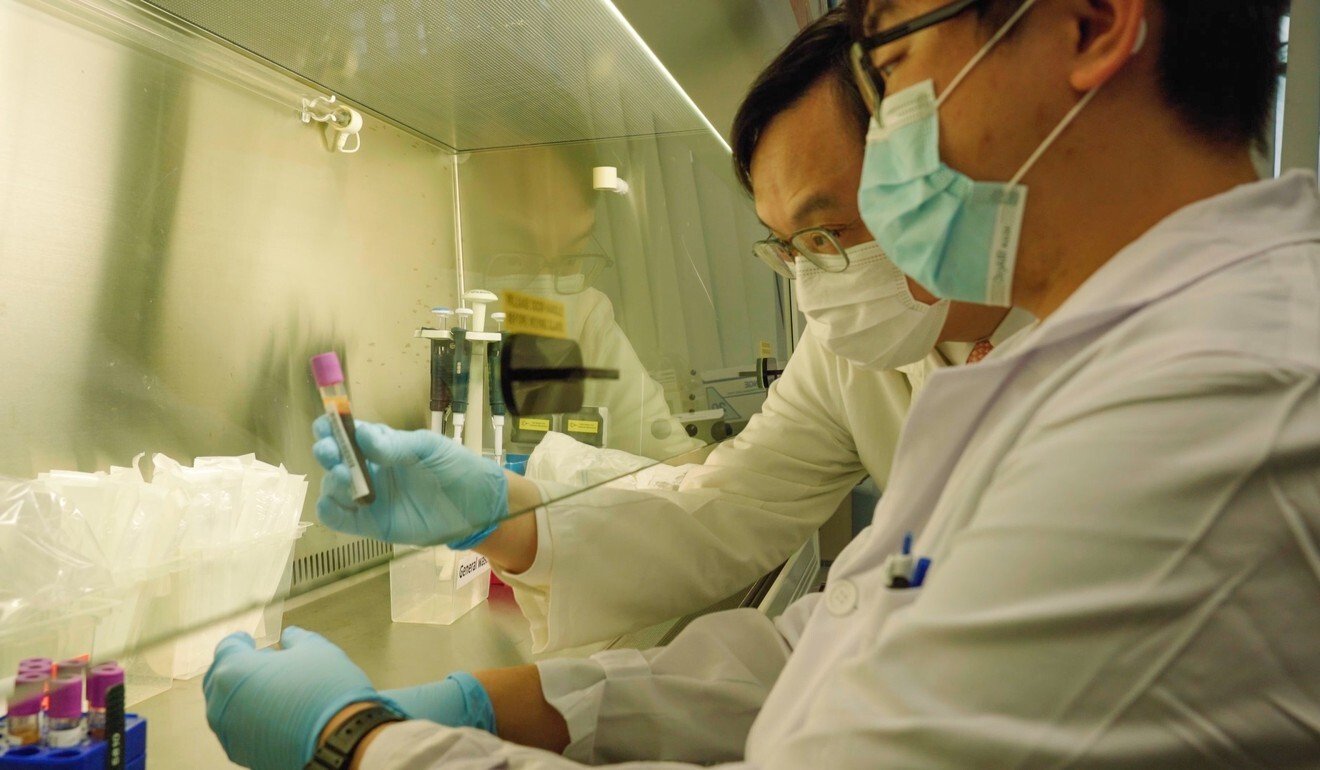
In 2014, Lo received funding of US$12 million from Decheng Capital – a health care venture capital firm with offices in California’s Silicon Valley and Shanghai – and co-founded his own biotechnology company, Cirina, which focuses on providing cancer tests.
He says setting up his own venture, as opposed to licensing his discovery to other businesses, has enabled him to maximise the benefits of his research for the development of Hong Kong’s technology industry.
We need to have our own technology company so that we can train our own people … We want to inspire more medical students to want to go into scientific research
“We need to have our own technology company so that we can train our own people and give a career path for our students who are interested in technology research,” he says. “We want to inspire more medical students to want to go into scientific research.”
Hong Kong has proven to be an ideal location for him to kick-start his venture because it has a favourable environment in which to carry out medical research.
“We have a very good health care system in which 90 per cent of our patients are looked after by Hong Kong’s Hospital Authority,” he says. “So for large-scale clinical research, we can do it very efficiently and relatively cheaply.”
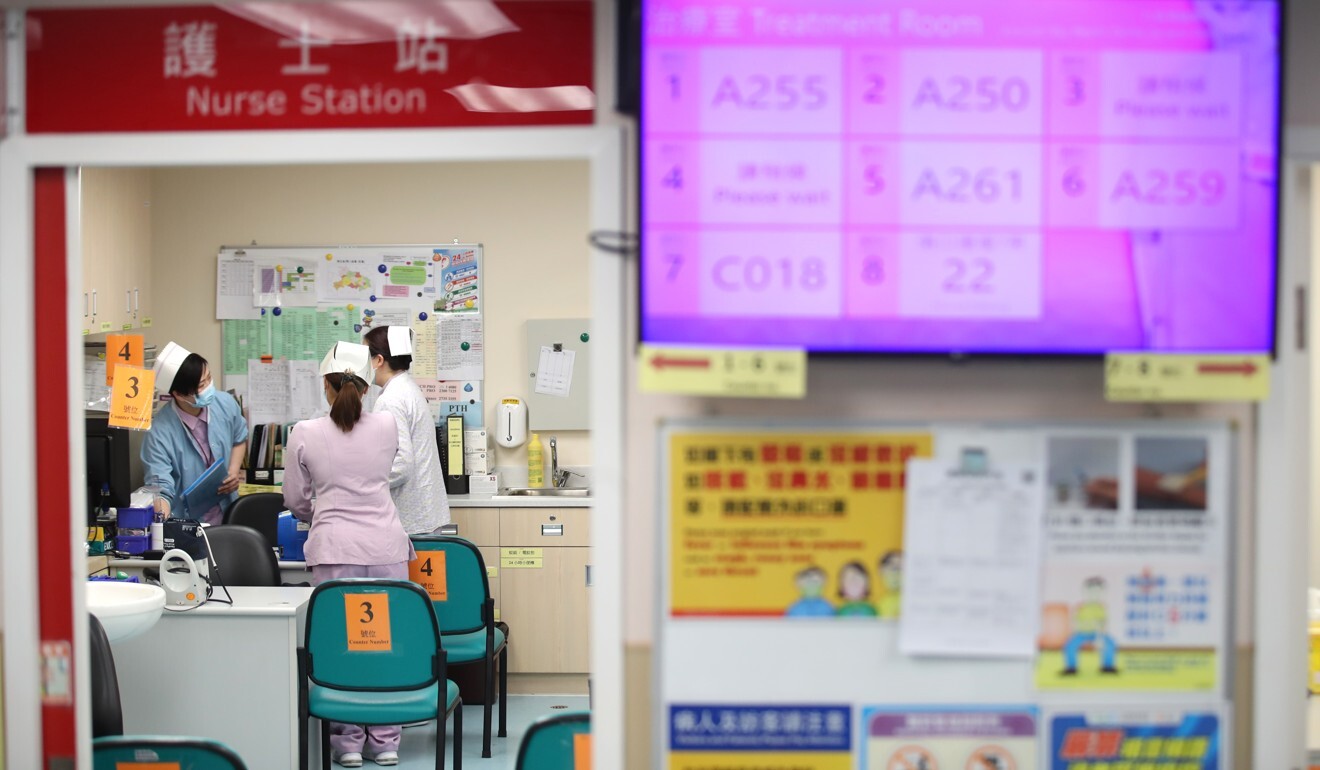
In 2017, Cirina merged with Grail, another start-up focusing on early-stage cancer screening tests. Lo’s research has laid the foundation to the development of Galleri, a multi-cancer detection test currently under clinical trial.
Lo says the key to success for him has been to think across disciplines and come up with original solutions.
“In my field, for example, I was able to see the parallel or similarities between prenatal care and cancer,” he says, adding that this helped him to gain inspiration from different specialities while developing new technologies.
Optimising wireless networking
Soung Liew, professor of information engineering at CUHK, has co-founded a venture to help transform the speed and reliability of wireless communication.
His start-up, CU Coding, relies on a relatively modern technology called physical-layer network coding, which allows data to be transmitted more efficiently. The technology exploits the mixing of electromagnetic waves used in wireless transmission so that signals can be stronger.
It is important [to carry on with our ideas] because if we simply stop after developing the theories, we won’t be able to put them into practice and use them, so they can have an impact
The company has become a leading network technology provider for businesses across southern China, with clients including beauty care retailer Watsons, the Macau government and telecommunications company SmarTone.
The venture’s core technology was first theorised in 2006, when Liew’s research team published an academic paper at ACM MobiCom, an annual international mobile computing and networking conference. Five years later, he successfully developed a prototype that could halve the speed needed for computers to send data to one another.
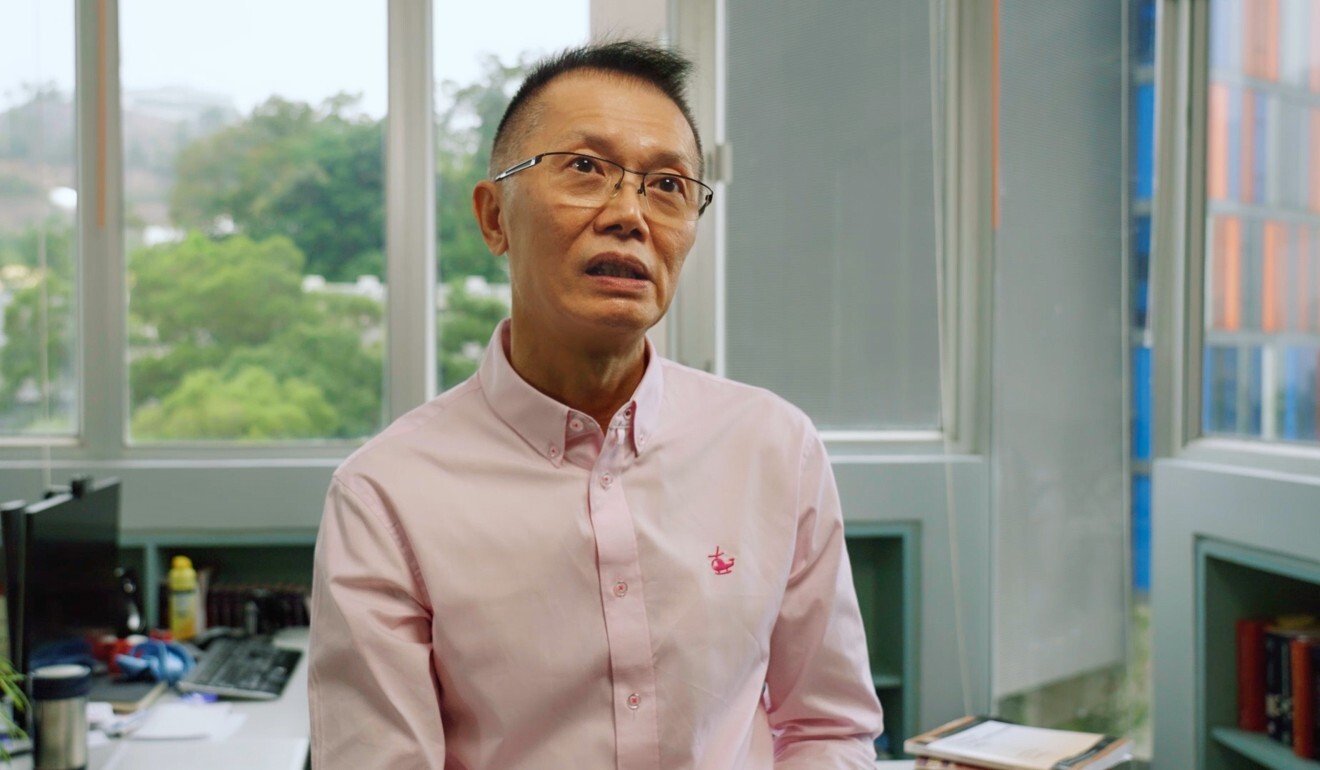
Liew says the journey to put his theory into practice has proved challenging because his team has had to consider many factors that are usually ignored in theoretical research. But overcoming these difficulties has been worthwhile because the research is able to have an impact on people’s everyday lives.
“It is important because if we simply stop after developing the theories, we won’t be able to put them into practice and use them, so they can have an impact,” he says.
To adapt the technology for wider business use, CU Coding – set up jointly by Liew and other CUHK professors and students in 2018 – has worked with customers to boost network connectivity in different settings.
When applied to real-life situations, network coding helps to improve the coverage of wireless networks without compromising data transmission speed.
In future, Liew hopes the company can use the technology to enhance network security. “It can improve our society by making the experience of using wireless networks more pleasant,” he says.

Hong Kong has proved a favourable location for CU Coding because it has made it easier for the company to tap into the huge market potential throughout China.
His start-up is currently based at Hong Kong Science Park, a government-run incubator for tech ventures to develop their business. Liew says it has offered an invaluable environment in which to start his business journey.
My advice is to really like your idea. It is very important to have passion and perseverance because you are going to face a lot of hurdles along the way
CU Coding is now searching for a more widely applicable use of its technology to scale up its business. “If a lot of people use it then our technology’s impact will be bigger,” he says.
“If you have a large demand, then the costs can come down, which allows us to devote more research and development resources into the technology and reach an even wider audience.”
The pioneering spirit
Both Lo and Liew say that passion and perseverance have played crucial roles in helping them transform their ideas into reality.
Lo, who spent 20 years searching for a safe, non-invasive test to examine the health of an unborn baby, believes it is crucial to have courage and dedication to successfully tackle a problem that nobody else has solved before.
“You need to set your goal,” he says. “During the development of our non-invasive prenatal chromosome test, we had to develop and test close to 10 different approaches – and eventually only one or two of them worked.”
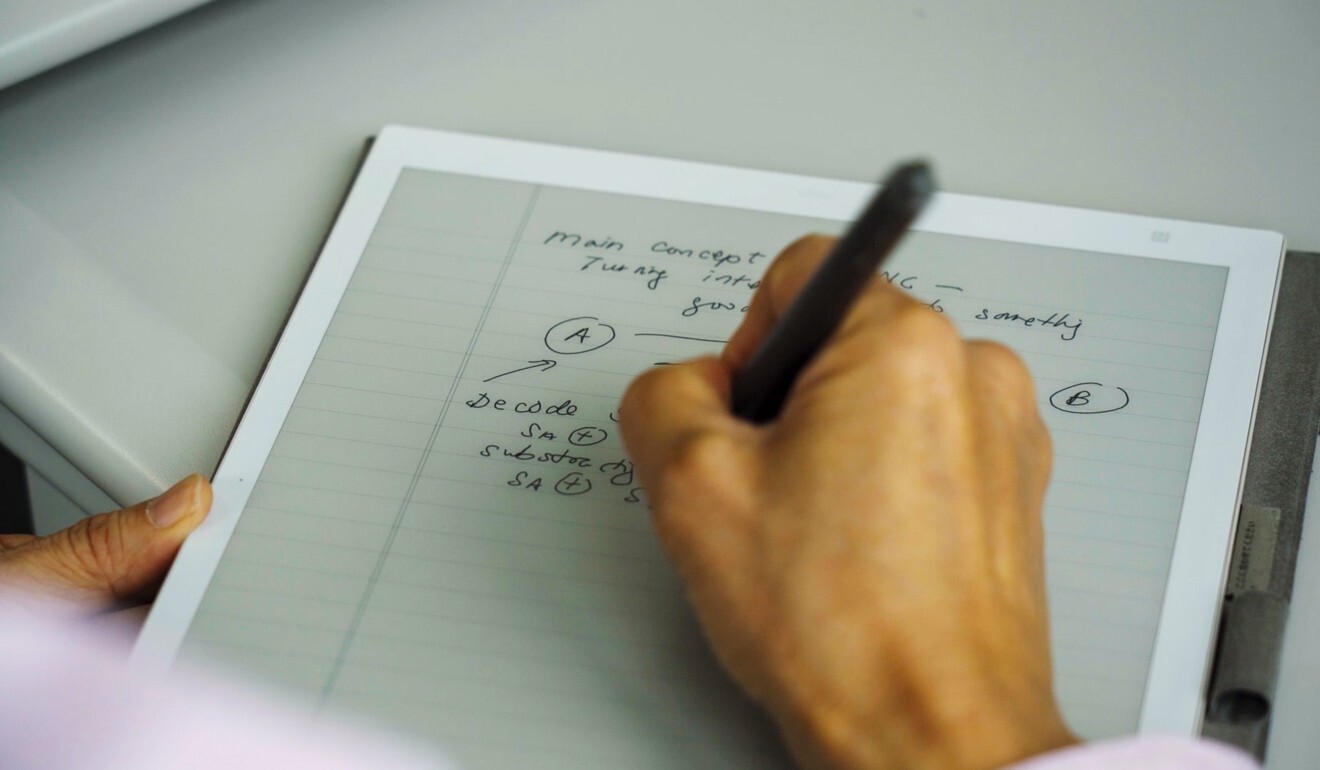
Liew says that pioneers need to have faith in their own beliefs and believe they can turn them into a profitable business.
“My advice is to really like your idea,” he says. “It is very important to have passion and perseverance because you are going to face a lot of hurdles along the way.
“A lot of factors that you may not have considered in the beginning may come into play and there will be a lot of challenges. You need to pull yourself through – and only passion and perseverance can help you do that.”